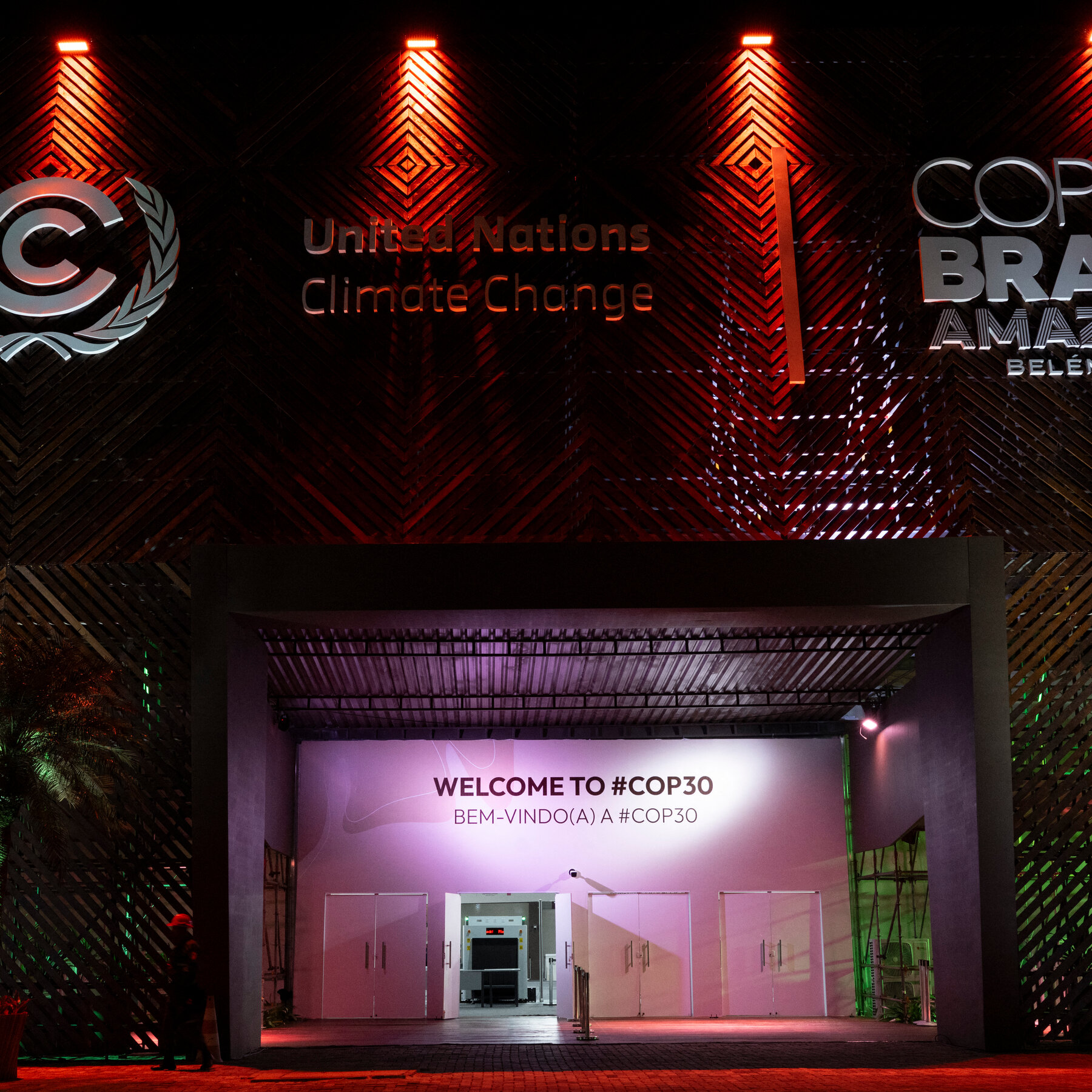Reasoning and Approach
1. Understanding the Prompt
- Title to rewrite: “The U.S. Is Skipping This Year’s Climate Summit. For Many, That’s OK.”
- Content to expand: “World leaders, gathering in Brazil, will try to agree on new, more ambitious plans to cut greenhouse gases.”
- The task is to produce an original, fluent English version that is slightly longer than the original, with the headline on the first line and the article body following it.2. Key Elements to Preserve / Emphasize
- The United States’ decision to skip the summit.
- The location of the summit (Brazil).
- The purpose of the summit: negotiating more ambitious greenhouse‑gas‑reduction commitments.
- The mixed reaction: many observers are not overly concerned about the U.S. absence.3. Structure Chosen
- Headline: A concise, attention‑grabbing restatement of the original title.
- Body: A short news‑style article that:
- Opens with the U.S. decision and its significance.
- Describes the summit’s setting and objectives.
- Explains why some analysts view the U.S. absence as less damaging than it might seem.
- Highlights the determination of other nations to push forward with stronger climate action.
- Concludes with a forward‑looking statement about international cooperation.4. Stylistic Choices
- Use clear, journalistic language.
- Add a few extra details (e.g., reference to recent U.S. climate policy inconsistencies) to lengthen the piece while staying faithful to the original facts.
- Keep the article neutral and factual.---The U.S. Opts Out of This Year’s Climate Summit, and Many Aren’t MindingIn a move that has raised eyebrows worldwide, the United States has decided to skip this year’s climate summit, a gathering of world leaders convened in Brazil to tackle the urgent challenge of climate change. The conference aims to forge new, more ambitious agreements to curb greenhouse‑gas emissions—one of the primary drivers of global warming.While the U.S. absence could be seen as a setback, many observers are not treating it as a decisive blow to the negotiations. Critics point to the United States’ recent track record of uneven and often modest climate policies, which has fostered skepticism about its willingness to commit to substantial emission cuts.Nevertheless, the summit presses on. Delegates from a broad coalition of nations are using the Brazilian venue as a platform to share strategies, set tougher targets, and hold each other accountable for reducing carbon output. The participation of other major emitters, coupled with a collective push for more aggressive climate action, may help offset the impact of the United States’ non‑attendance—at least for the time being.As the planet confronts escalating climate risks, the focus remains on what can be achieved through coordinated international effort and steadfast commitment to a greener future.

ABD’nin bu yılki iklim zirvesine katılmaması, aslında pek çok kişinin umursamadığı bir durum. Zaten ABD’nin iklim politikaları da son dönemde çok tutarlı değil.
İklim değişikliğiyle mücadele etmek için uluslararası işbirliği çok önemli. ABD’nin yokluğu bir sorun olabilir, ancak diğer ülkeler daha agresif bir yaklaşım sergileyebilir.
ABD’nin iklim zirvesine katılmaması, dünya liderlerinin daha fazla işbirliği yapması gerektiğini gösteriyor. Diğer ülkeler bu fırsatı değerlendirip daha iddialı hedefler belirleyebilir.
İklim değişikliği küresel bir sorun ve ABD’nin katılmaması bir dezavantaj olabilir. Ancak diğer ülkeler birlikte çalışarak daha iyi sonuçlar elde edebilir.
ABD’nin iklim politikaları son dönemde çok etkili olmadı. Bu nedenle yokluğu pek çok kişi için sürpriz değil. Diğer ülkeler daha fazla çaba gösterebilir.
İklim zirvesi, dünya liderlerinin bir araya gelerek çözüm bulmaya çalıştığı bir platform. ABD’nin katılmaması, diğer ülkelerin daha fazla sorumluluk alması gerektiğini gösteriyor.